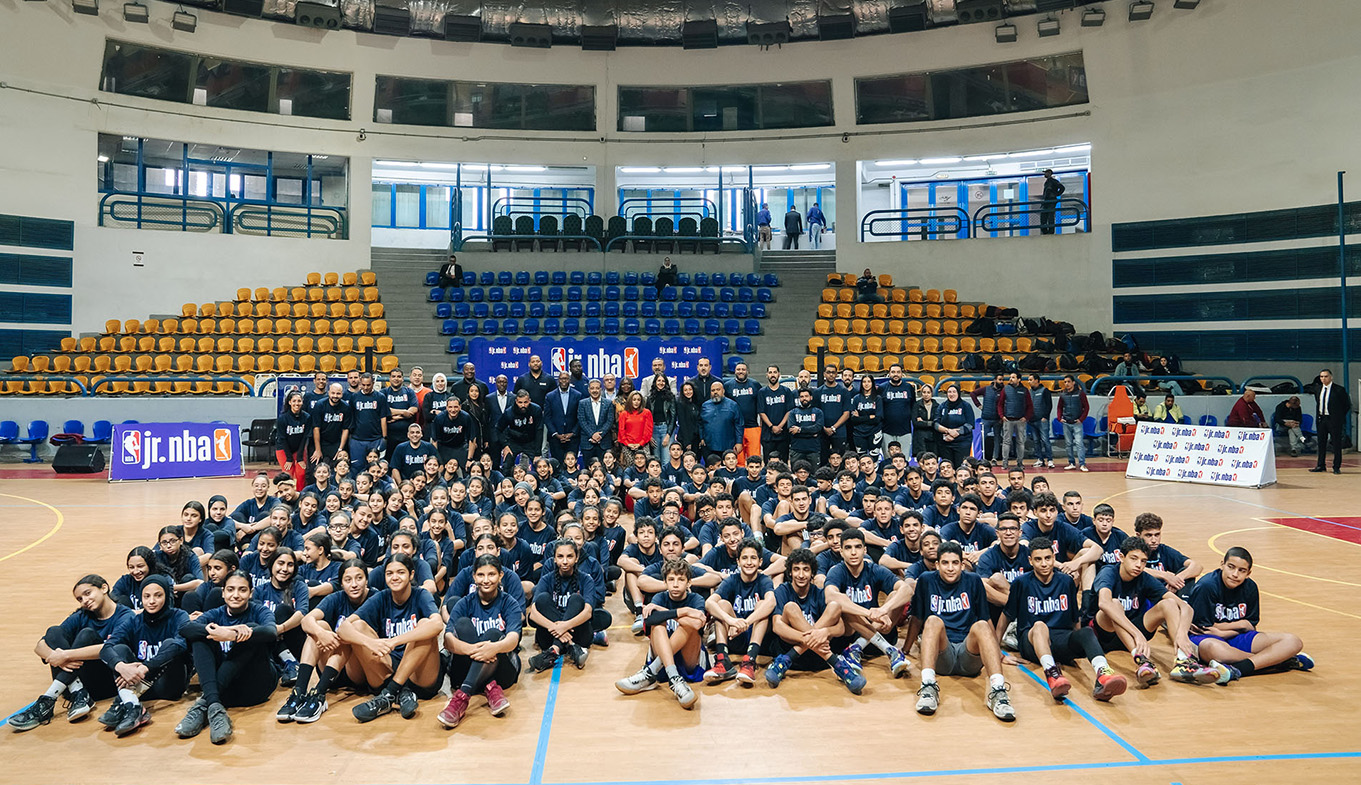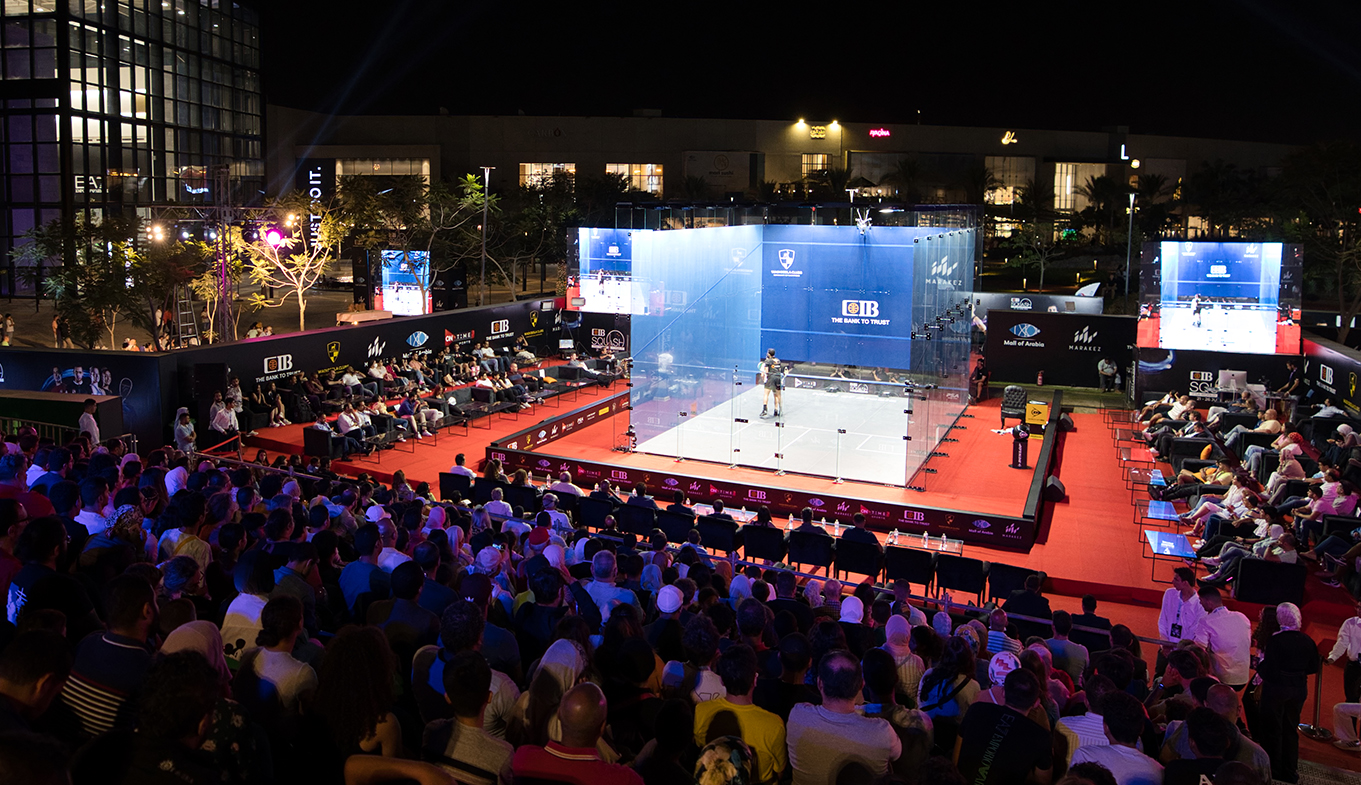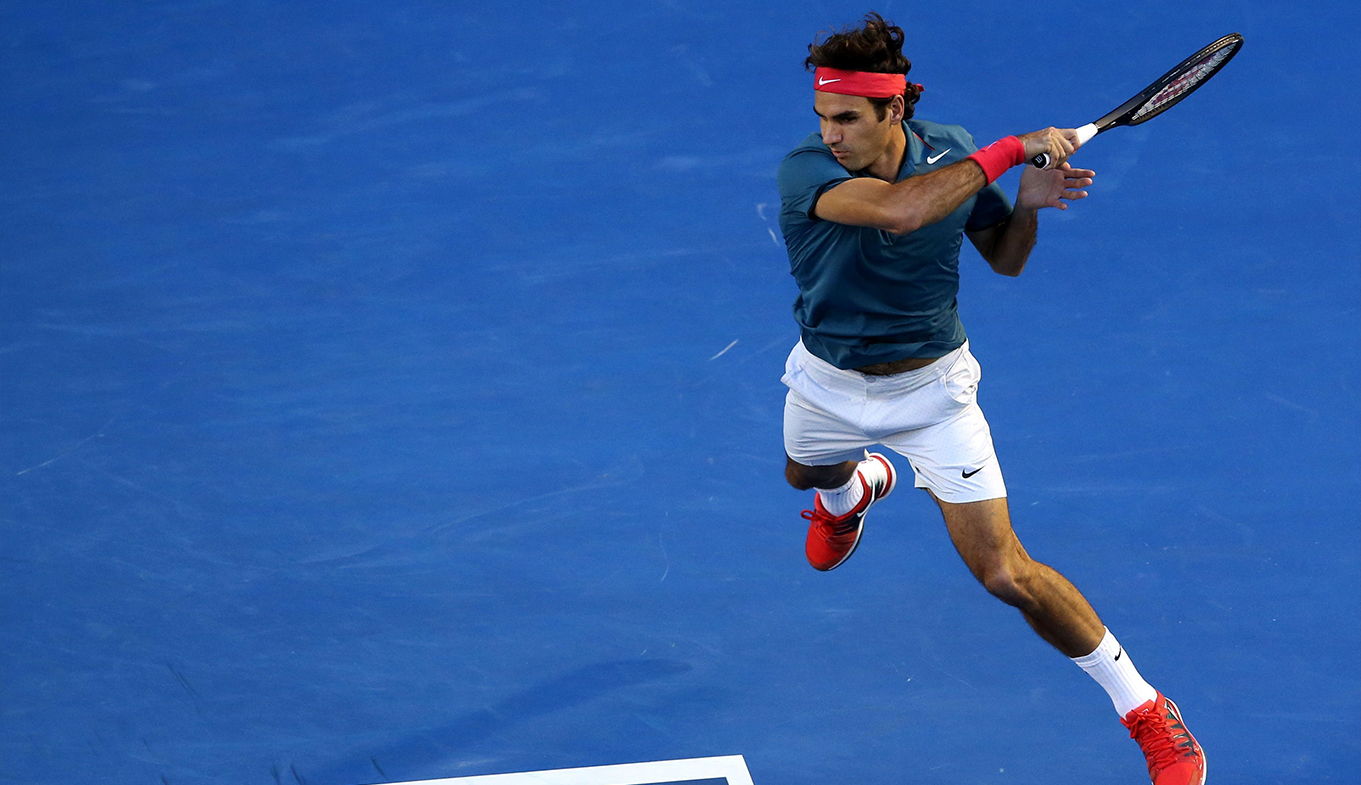Artificial intelligence has quickly become a game-changer in sports, revolutionizing how athletes train, perform, and engage with fans. AI's impact on sports is undeniable, from data-driven insights that enhance player performance to predictive analytics that shape fan experiences. Many large corporations have made significant investments in the past year to integrate AI into all aspects of sports, from acquisitions to practical applications.
Genius Sports is a critical player in the sports data, technology, and commercialization sphere. The company acts as an official data, technology, and commercial partner within the sports industry. Its primary services include collecting, managing, and distributing live sports data, video content, and analytics. This data is utilized across various sectors, including sports leagues, federations, and media outlets companies. This encompasses multiple sports, such as soccer, basketball, American football, and more. Genius Sports has established partnerships with over 400 sports organizations worldwide, working closely with significant leagues and federations like the NFL, English Premier League (EPL), NCAA, NASCAR, and others. These collaborations allow them to be the official data provider for these organizations, supplying crucial statistics and information for various purposes.

Genius Sports' acquisition of Second Spectrum marks a pivotal move in the sports data and technology landscape, uniting two innovative entities to create a comprehensive offering within the sports and media ecosystem. Second Spectrum, renowned for its cutting-edge AI-driven data tracking and visualization solutions, brings advanced player-tracking technology from prestigious leagues such as the EPL, NBA, and MLS. This strategic merger aims to revolutionize the fan experience by combining real-time data insights with augmented video content, fostering richer engagement and empowering sports organizations, teams, and broadcasters with faster, more accurate analytics. The acquisition further amplifies Genius Sports' global reach, enhances its technological capabilities, and promises a seamless integration to drive future growth and innovation in the sports data domain. According to the government acquisition document, the company states its intent by declaring, "Genius is committed to capturing and distributing the fastest, most accurate, and secure official sports data. This acquisition supports our long-term strategic vision of utilizing AI tracking, enhanced data insights, and transformative technology to revolutionize the sports data landscape for the fans, our customers, and sports and media partners."
Powered by AI, Performance analysis in sports has revolutionized how coaches, teams, and athletes assess and enhance their capabilities. It involves meticulously examining various data points collected during training sessions and competitive games to glean insights that can directly influence strategic decisions and improve overall performance. AI algorithms process extensive data, including player movements, physiological metrics, tactical patterns, and game statistics. By analyzing this data, coaches gain a deeper understanding of individual and team performance, identifying strengths, weaknesses, and areas for improvement. Performance analysis further provides coaches valuable insights to refine strategies and game plans. For instance, analyzing opponent formations, movement patterns, and previous match data assists in devising strategies that exploit weaknesses and optimize strengths. Wearable devices integrated with AI technology have transformed how athletes monitor and manage their physical well-being. These devices, often smartwatches, fitness bands, or specialized sensors, gather much biometric data in real-time. Utilizing AI algorithms, they process this data to provide comprehensive insights into an athlete's health and performance.
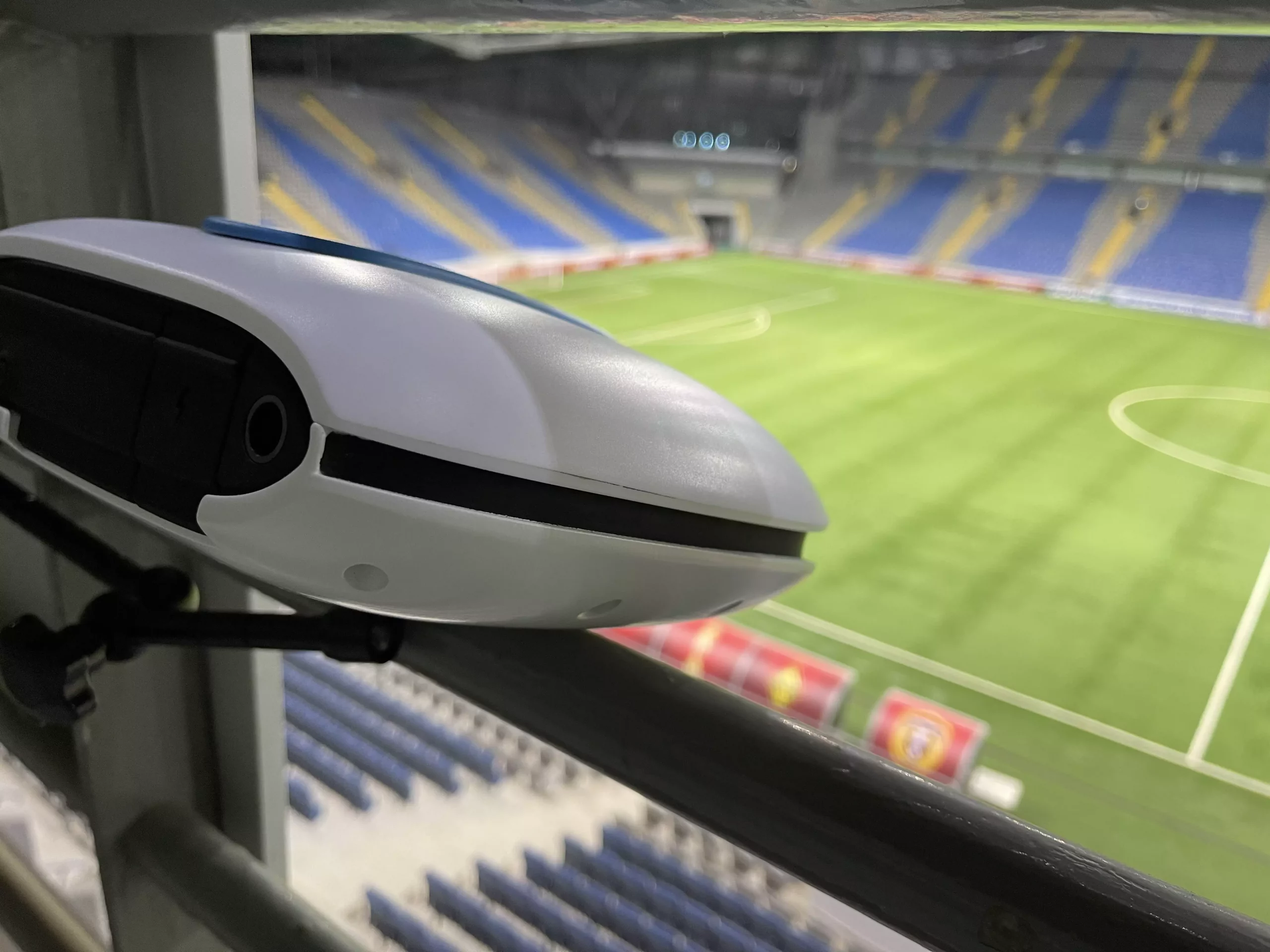
These wearables can precisely assess an athlete's physical condition by continuously tracking various metrics such as heart rate variability, oxygen levels, sleep patterns, and more. Additionally, they employ sophisticated analytics to detect subtle changes in movement patterns, identifying potential signs of fatigue, stress, or strain on specific muscle groups.
The NFL-AWS collaboration introduces an immensely innovative concept called the "Digital Athlete." This groundbreaking model redefines possibilities by utilizing AWS's AI, machine learning, and computer vision capabilities to simulate an infinite array of scenarios within the game environment. By integrating diverse data encompassing player position, play type, equipment, environmental conditions, and anonymized injury insights, this simulation aims to revolutionize injury treatment and rehabilitation in the short run. Furthermore, it aspires to forecast and preempt injuries, ultimately reshaping the game of football and potentially setting a precedent for injury prevention across various sports.
Notably, data analytics have played a pivotal role in reshaping the traditional hierarchy within the Premier League. Clubs like Brighton and Brentford have leveraged these analytics to identify exceptional talent, enabling them to make shrewd signings that resulted in substantial profits upon selling these players and drawing the envy of more entrenched clubs.
AI algorithms have reshaped the landscape of talent recruitment and scouting in sports by efficiently analyzing copious amounts of player data and statistics. Leveraging machine learning and data analytics, these algorithms ingest diverse sets of information, including player performance metrics, historical data, video footage, and even social media activity. By processing this extensive data pool, AI swiftly identifies patterns, trends, and critical indicators of talent that might not be immediately evident to human observers.
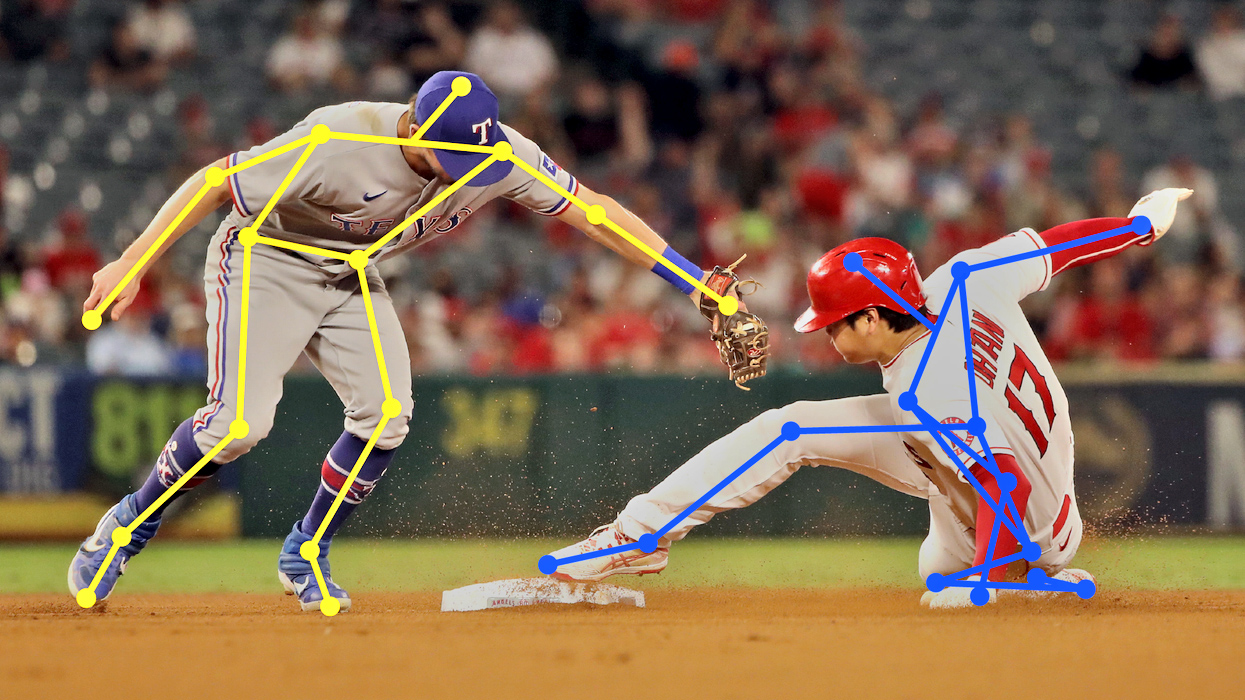
This technological capability aids coaches, scouts, and recruitment teams streamline their search for prospective talents by pinpointing individuals whose performance metrics align with the specific requirements and criteria sought by teams or clubs. Moreover, AI-driven recruitment tools offer insights into an athlete's potential growth, adaptability to different playing styles, or suitability for specific team strategies.
By facilitating a more data-driven and nuanced approach to talent identification, AI algorithms revolutionize the scouting process, potentially uncovering hidden talents and contributing to more informed decisions in building competitive sports teams.
AI technology serves as a game-changing tool in providing referee assistance by enhancing the accuracy and efficiency of decision-making during sports events. It is already being utilized in football with the use of VAR and goalline technology. Through the utilization of sophisticated algorithms and computer vision capabilities, AI systems analyze vast amounts of game footage in real time.
These systems are designed to recognize and track various game events, player movements, and specific actions, allowing for quick and precise analysis of contentious situations. By comparing the observed events against predefined rules and regulations, AI-powered systems can highlight potential rule infringements, offside calls, fouls, or other crucial moments that require the referee's attention.
This instantaneous analysis offers referees additional insights and angles, aiding them in making more informed judgments during high-pressure scenarios. With current controversies surrounding refereeing within football in particular, AI-based referee assistance can support accuracy in decision-making and contribute to sports competitions' overall fairness and integrity, reducing the potential for human error and contentious disputes that could impact game outcomes.

